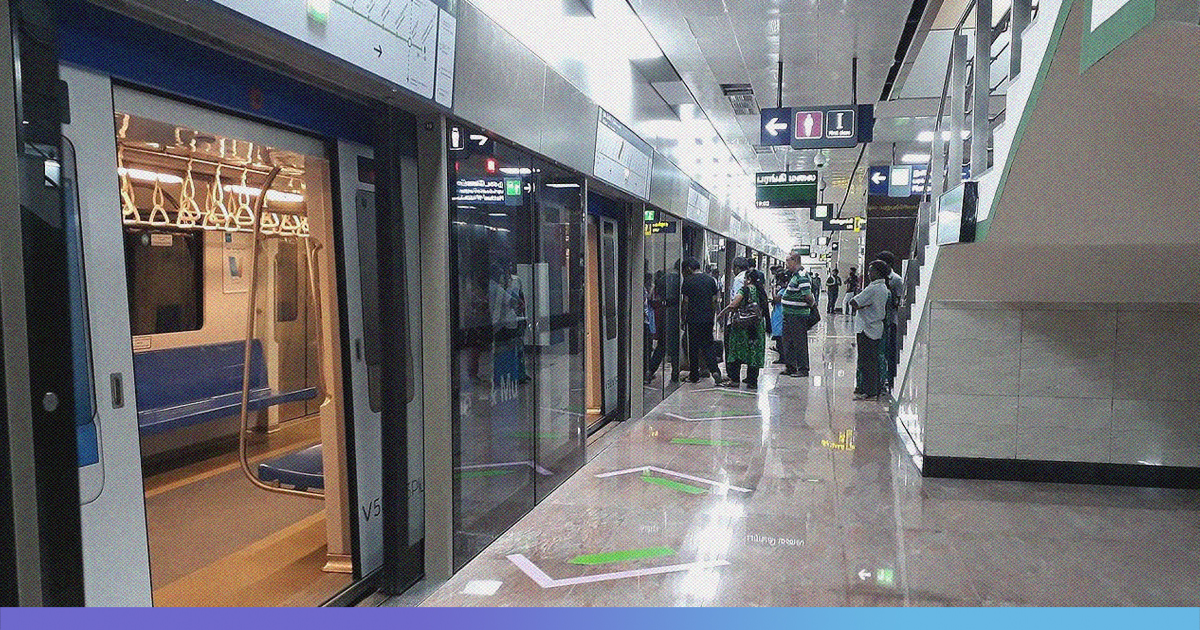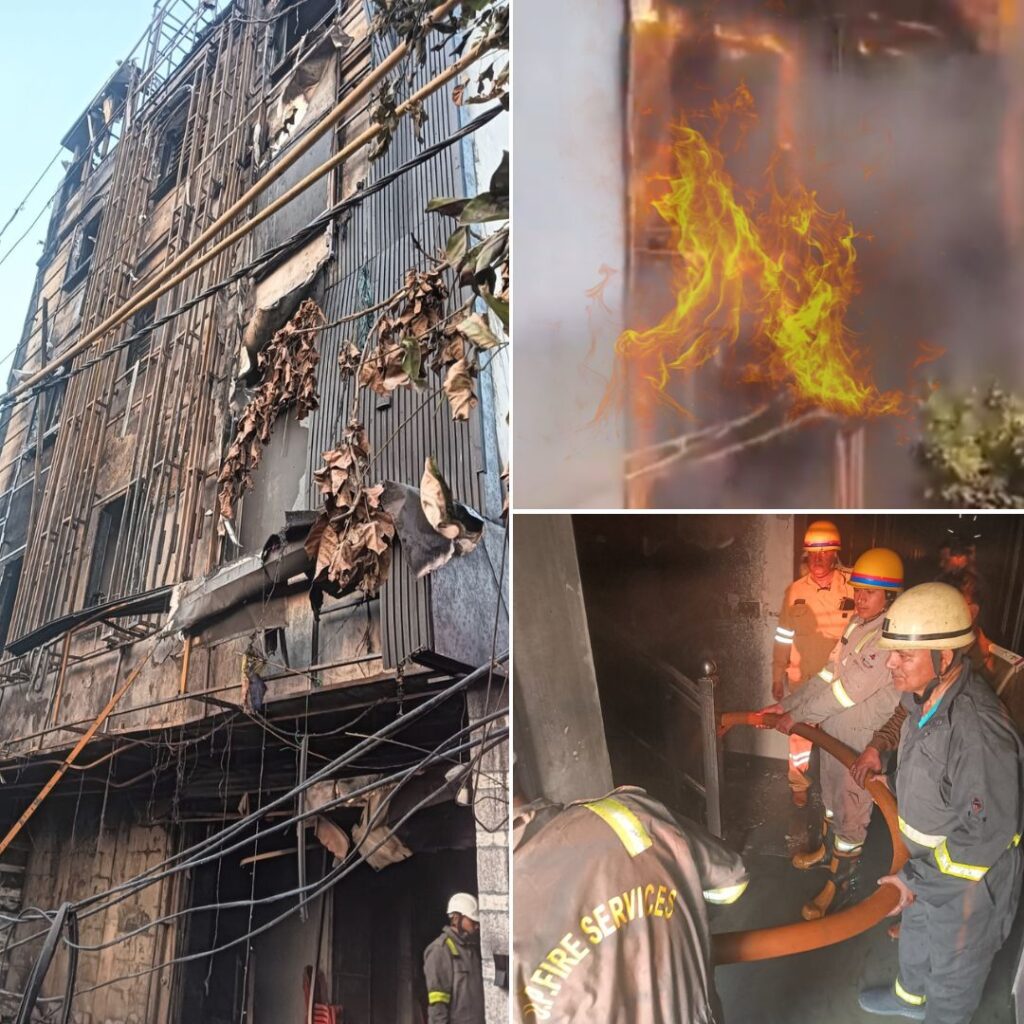Water scarcity has pushed the Chennai Metro Rail (CMRL) to reduce the usage of Air Conditioners in their units. A few days back, CMRL had begun switching off ACs in the underground stations during non-peak hours.
The turn of events has caused great inconvenience to the commuters. It gets particularly worse during peak hours when commuters are seen fanning themselves or dabbing face with handkerchiefs, says The Times of India report.
ACs Switched Off In Trains & Stations
As per data rendered by CMRL, each underground metro station uses about 9,000 litres of water every day. 7,000 litres of this is used to keep the ACs running between 4:30 am to 11 pm. Notably, ACs at the elevated stations use just 3,000 litres of water. The Chennai Metropolitan Water Supply and Sewerage Body (CMWSSB) is the body supplying water to CMRL.
In a statement, CMRL has said that as a measure to reduce water consumption at the underground stations, the body has decided to reduce air conditioning facilities while ensuring proper ventilation and making arrangements to ensure proper oxygen levels.
An official told The Times of India, “We switch on the AC system once in an hour to make sure we maintain 26 degree Celsius at both platform and concourse levels. By switching off, we are able to save around 30% of water at every station.”
While this method has greatly reduced water consumption, it has also caused inconvenience to commuters. Lack of proper ventilation has been bothering commuters to a large extent.
Water Crisis
This March, the AIADMK-led government declared 24 districts in the state to be drought-affected. This year, Chennai recorded a dismal 343.77 mm of rainfall during the northeast monsoon, thereby seriously affecting the water supply in the city.
Several lakes have dried up, so have the groundwater levels. The situation is so bad that the city’s water supply board has reduced the total daily supply from 880 million litres in a day to just 550 million litres.
Also Read: Why Karnataka Including Bangalore Should Gear Up To Face Severe Water Crisis?












